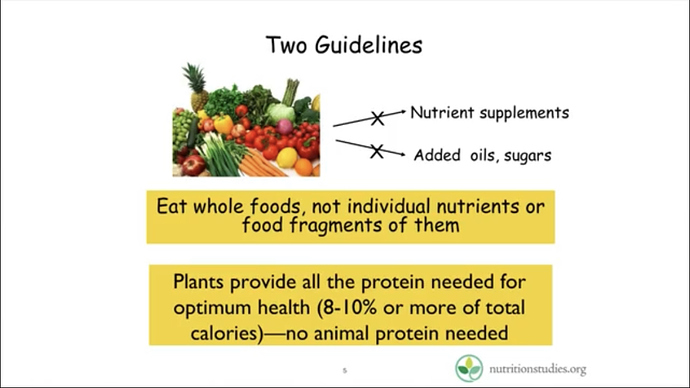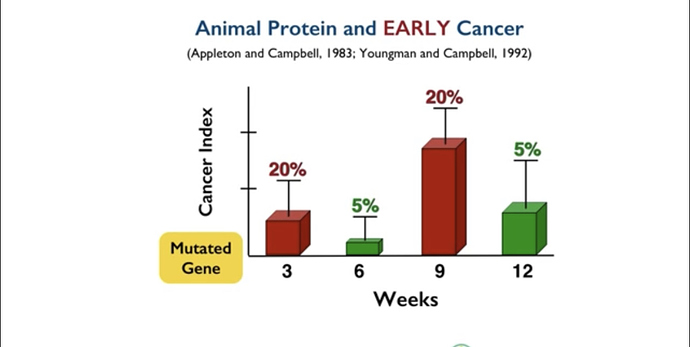I’m not a Bible thumper, but I have a new take on the story of Cain and Abel. God was pleased with carnivore Abel’s sacrifice of lamb and not nearly so pleased with Vegetarian Cain’s vegetables. Then, the cranky and jealous Cain, probably cranky because he was nutrient deficient from being a vegetarian murdered his brother.
See vegetarians and meat eaters have been fighting with each other since Biblical times.
But more seriously, it makes sense to me that we supplemented our meat eating with whatever we gathered, but I just can’t believe that we could really find enough plants to make them a large part of our calorie intake. I do think maybe we could have been similar to bears: putting on a layer of fat in the summer and early autumn, maybe eating lots of nuts, and then in ketosis, burning that fat in the winter.
Also, I was listening to Sally Norton discuss oxalate, and she mentioned how we no longer have seasonality of food. It may have been important for us to have extended breaks from plant eating to clear their toxins out of our bodies during the winter before the next round of plant eating began in the summer.


